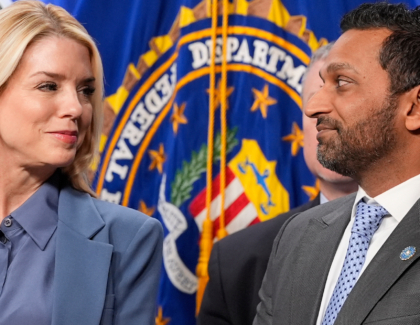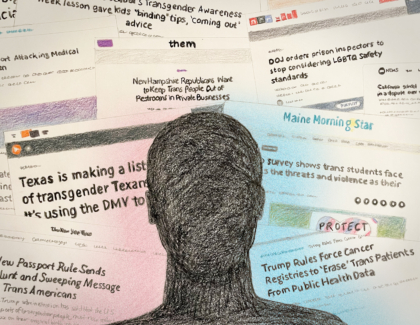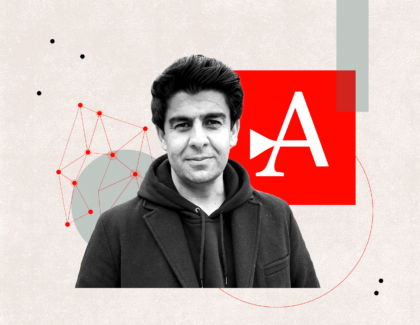Sign up for the daily CJR newsletter.
We can’t help but cheer when good investigative journalism actually does what it’s supposed to do — raise awareness about issues previously ignored, expose bad guys, shine that proverbial spotlight of truth into dark places. Kurt Eichenwald’s New York Times article on child pornography from December 2005 was one of the rare pieces in recent years to actually make a real world difference. To quote an Associated Press piece from yesterday, “it prompted congressional hearings, led to arrests and fueled reforms in the way Web-hosting companies screen their clients.”
We weren’t as bothered as some others (like Jack Shafer) by the nature of Eichenwald’s relationship to Justin Berry, the young man at the story’s center. Sometimes investigative journalists have to take unusual routes to get a scoop. The ethical boundaries of journalism do have a borderland in which reporters need to tread carefully. But unless they have that space to bend the rules — sometimes almost to the breaking point — we can be sure that all we’ll get in newspapers are glorified press releases. The fact that Eichenwald further explained, in a first-person essay, how he got Berry to talk to him — and specifically the fact that the underage Internet porn star was not made aware of Eichenwald’s identity as a reporter for the first few months of their communication — only made us more willing to accept this strange relationship as the price for a good expose.
The news this week that Eichenwald also gained Berry’s confidence partly by sending the boy a check for $2,000 made a lot of media critics question whether this added fact was proof that Eichenwald indeed stepped over the line. The money was sent in the months before Eichenwald met Berry for the first time at the Los Angeles airport and revealed that he was a journalist. He then asked for the money back.
In this country, paying a source is generally frowned upon by serious journalists, and Eichenwald’s decision to do so deserves the scrutiny it’s getting. Let’s be clear: Eichenwald absolutely should have disclosed this payment to his editors and to his readers. But in theory, we don’t feel as icky as some others about the exchange of money. Eichenwald says it was necessary to keep his potential source from thinking that the middle-aged man instant messaging with him every night was a cop. That Eichenwald then asked for the money back is all the more reason to believe that he initially saw it as a kind of bait he was dangling before the boy to get him to talk. It goes back to the unorthodox strategies to which investigative journalists must have recourse.
The problem here is with how both the Times and Eichenwald have framed this exchange of money.
Eichenwald has always insisted that in all his initial contacts with Berry, including their LAX encounter, he saw himself not as a reporter cultivating a story, but as a good Samaritan trying to help the deeply troubled young man he had discovered while reporting an unrelated story. The Times repeated this version in its editors’ note, claiming that Eichenwald “did not consider himself to be acting as a journalist when he sent the check.” Eichenwald himself told the AP yesterday that the impetus for sending the money was not to get Berry to open up, but rather to get him to clean himself up. “We were gambling $2,000 on the possibility of saving a kid’s life,” he said.
C’mon. Journalists — especially those as ambitious and aggressive as Eichenwald — never really completely remove their reporter’s hat. On the contrary, we tend to see everything as a potential story. And if Eichenwald spent months in conversation with the seventeen-year-old Berry it was not solely out of the goodness of his heart. Somewhere he must have been thinking that if he could keep this kid feeling comfortable, if he could get him to really turn on the men who were abusing him, then he would have a big story. And that’s exactly what happened.
There’s no shame in this. There’s also no shame in the $2,000 being part of that confidence building. Again: as soon as he ended his long seduction and Eichenwald revealed himself to be a reporter, he asked for the money back — and got it. But it’s disingenuous for Eichenwald and the Times editors to suggest that the $2,000 was anything other than part of the reporting process.
Has America ever needed a media defender more than now? Help us by joining CJR today.






